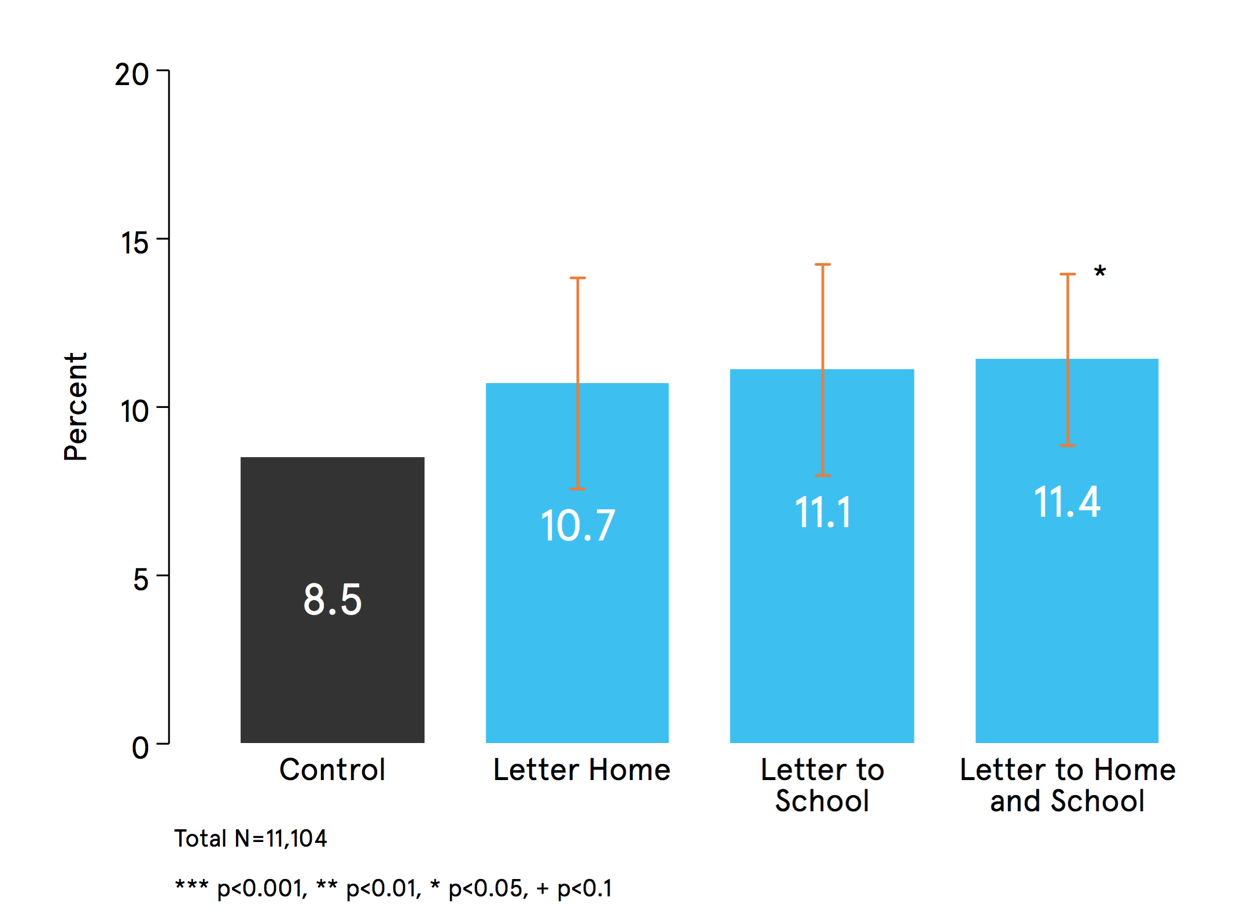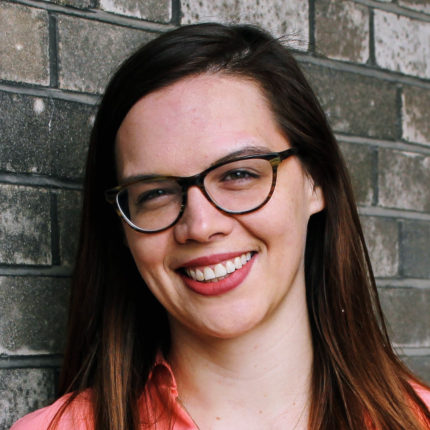With rising investment in efforts to widen participation in higher education there is a growing need to focus on those activities which we know are most effective.
However, few concrete pieces of evidence exist as to what works in this area. A recently published randomised controlled trial (RCT) run as part of a collaboration between the Department for Education and the Behavioural Insights Team has generated exciting new evidence on how low-cost, light-touch interventions can play a role in widening participation.
The trial
Young people from lower income families, or families without a history of university attendance, are much less likely to apply to university than their peers, even when they get the grades to do so. They’re also particularly less likely to apply to selective universities – despite these universities often offering more generous financial support. In previous research, we found that a talk from an inspirational role model increased the proportion of students stating they were interested in applying to university and likely to attend by around 8 percentage points. We were interested in scaling-up the use of role models explore whether they could be used encourage able students across England to apply to university and to the most selective institutions in particular.
We identified our target group as those Year 12 students – 11,000 in all – who had the GCSE grades needed to get into a selective university but were based in schools where most students went to the local university or did not go to university at all – a proxy for relatively low aspirations. In 2013 the DfE sent out letters to a subset of these students. These letters were written by undergraduates at the University of Bristol and encouraged students to consider a wide range of universities, including selective institutions. A quarter of students received a letter at their school which was written and hand-signed by a male undergraduate. Later in the year, another quarter received a letter at home which was written by a female undergraduate. Another quarter received both letters and the remaining students formed the control group who received no letters.
By following the progress of students over the next academic year, we were able to observe a statistically significant effect on students applying to and accepting places at Russell Group universities. Although imperfect, we used the Russell Group as a reasonable proxy for the most selective institutions.
Those who received both letters were 3.3 percentage points more likely to apply to a Russell Group university and 2.9 percentage points more likely to accept an offer from a Russell Group university than students in the control group. We estimate that as a result of the trial an extra 222 students will have gone to a Russell Group university compared to if everyone had been in the control condition. This was achieved at a cost of just £45 per additional student.
The effect of letters from role models on rates of accepting offers from selective universities

Implications for widening participation practice
We’ve shown that simple message of support and advice from the right messenger, delivered at the right time, can make a big difference to students’ lives. This is a low-cost, light-touch intervention which is easily scalable and has the potential to improve outcomes for hundreds of students each year.
This research is rooted in the academic field of behavioural science, which draws on economics, psychology, sociology and neuroscience to help develop a more realistic understanding of human behaviour. It is just one of a growing number of such studies focussed on using small ‘nudges’ to improving outcomes for disadvantaged students. Much of the existing research on this topic has taken place in the USA, but over the coming years we intend to work on further projects which harness behavioural insights to improve access to UK universities.
There has always been a need for high-quality evidence on how to tackle the barriers to access but perhaps there is more call now than ever before, and the availability of data and insights from behavioural science make it easier to provide. Over the course of the next few years, we hope to conduct more research on this topic, both as part of our involvement in the HEFCE National Collaborative Outreach Programme (NCOP) and other projects. We hope that our research can play a role in supporting the sector’s efforts in achieving more equitable access to university and better outcomes for all students.













Fascinating and is bound to help provider engage more in their WP activities. Can you please share a sample of that letter text? And what timings were used?
Hi Dominic. The full report includes copies of both letters. See http://www.behaviouralinsights.co.uk/publications/encouraging-people-into-university/
Having read the report, I’m not convinced it’s ‘widening participation’, because the outcomes suggested greater applications/acceptances to ‘selective’ institutions, not university per se. One might argue it was more of a recruitment intervention rather than contributing to widening participation. But it’s certainly given me some food for thought.